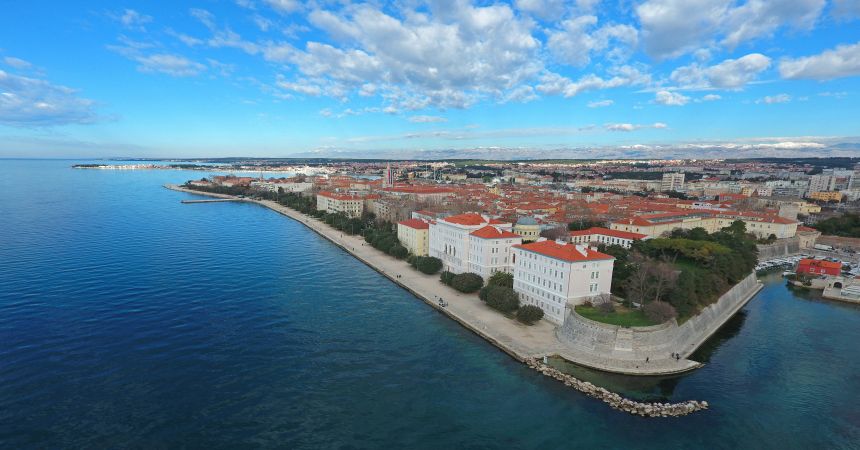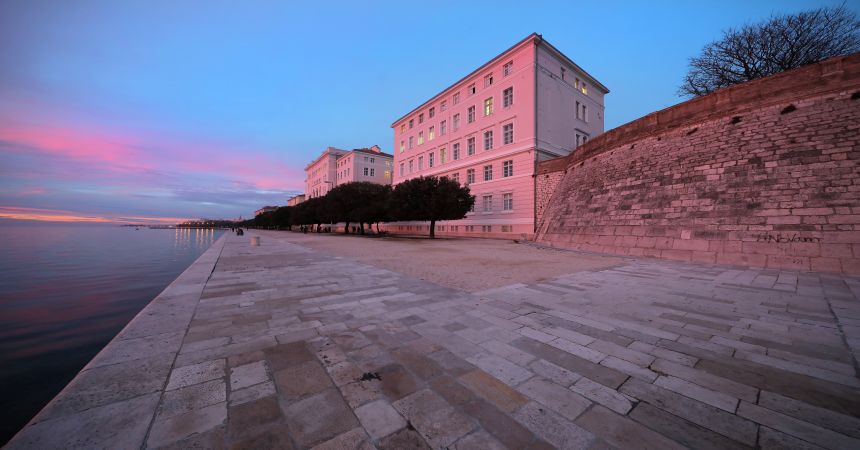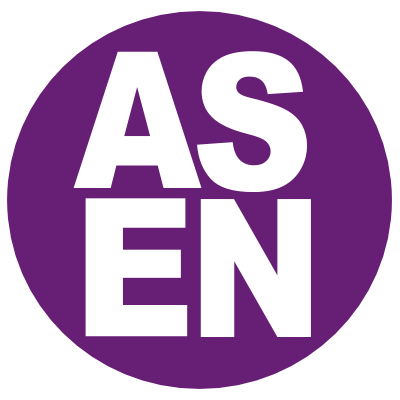Nations and Nationalism in the Contemporary World

Convenors: Saša Božić and Siniša Malešević
The fourth annual ASEN summer school will take place from 8th to 14th June, 2026, at the University of Zadar in Croatia, looking at different themes in the study of nationalism and ethnicity.
Confirmed speakers include
-
Saša Božić (University of Zadar)
-
Benedikte Brincker (University of Copenhagen)
-
Lea David (University College Dublin)
-
Jon Fox (University of Bristol)
-
Jonathan Hearn (Edinburgh)
-
John Hutchinson (LSE)
-
James Kennedy (Edinburgh)
-
Simona Kuti (University of Zadar)
-
Gëzim Krasniqi (Edinburgh)
-
Siniša Malešević (University College Dublin)
-
Tamara Pavasović Trošt (University of Ljubljana)
-
Liliana Riga (Edinburgh)
-
Gordana Uzelac (London Metropolitan University)
About the summer school
Nationalist ideologies and nationalist movements have shaped the modern world. With the collapse of imperial structures, the nation-state has established itself as the only legitimate form of territorial rule and nationalism as the principal mode of political legitimacy. Furthermore, a variety of nationalist ideas and practices have become normalised and embedded in everyday life – from education, mass media and public sphere to sporting events, cuisine and tourism. However, this organisational and ideological omnipotence of nationalism largely remains invisible to most people with nationalism gaining traction only when it becomes aggressive and excessive. For example, until recently many analysts were adamant that globalisation has diminished the influence of nation-states and that there is no room for nationalism in an ever-globalising cosmopolitan world. Nevertheless, the last few years have shattered these interpretations as aggressive nationalist idioms have become prevalent throughout the globe: from the rise of economic protectionist policies, elections of right-wing populist leaders and parties, the upsurge of anti-globalist rhetoric and the proliferation of nativist and anti-immigrant movements.
The main aim of this summer school in Zadar, Croatia is to explore and analyse the social dynamics of nation-states and nationalisms through time and space. More specifically the ambition is to provide answers to the following questions: Why has nationalism proved to be such a potent, protean and durable force in the modern age? Why has the nation-state established itself as the central organising mode of social and political life in the last two hundred years? What role globalisation plays in generating populist and nativist backlashes? Do contemporary populist and nativist movements differ from their 19th and 20th century counterparts? The course will also analyse the origins, historical transformations and inherent malleability of nationalist ideologies. We encourage the participation of students and scholars in the social sciences, law and humanities and other fields and disciplines studying social phenomena such as divisions, cleavages, conflicts, borders, ethnicity and diversity.
This summer school will be organised as a rigorous academic interdisciplinary programme structured around lectures, workshops and conference-oriented presentations of scholarly research. Summer school participants will engage in active discussions on the theoretical, methodological and practical issues of research in nationalism studies. Graduate and postgraduate students’ presentations are also welcome. In addition, the course offers personal inter-cultural experiences of international students and faculty from other contexts in the beautiful setting of an ancient city of Zadar.

